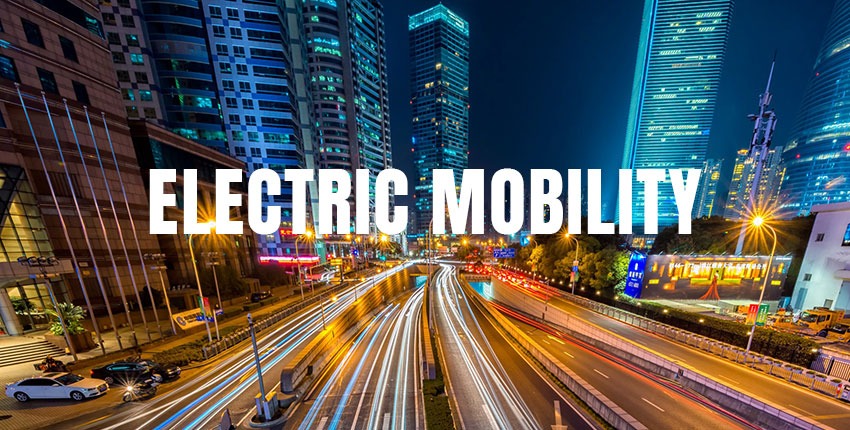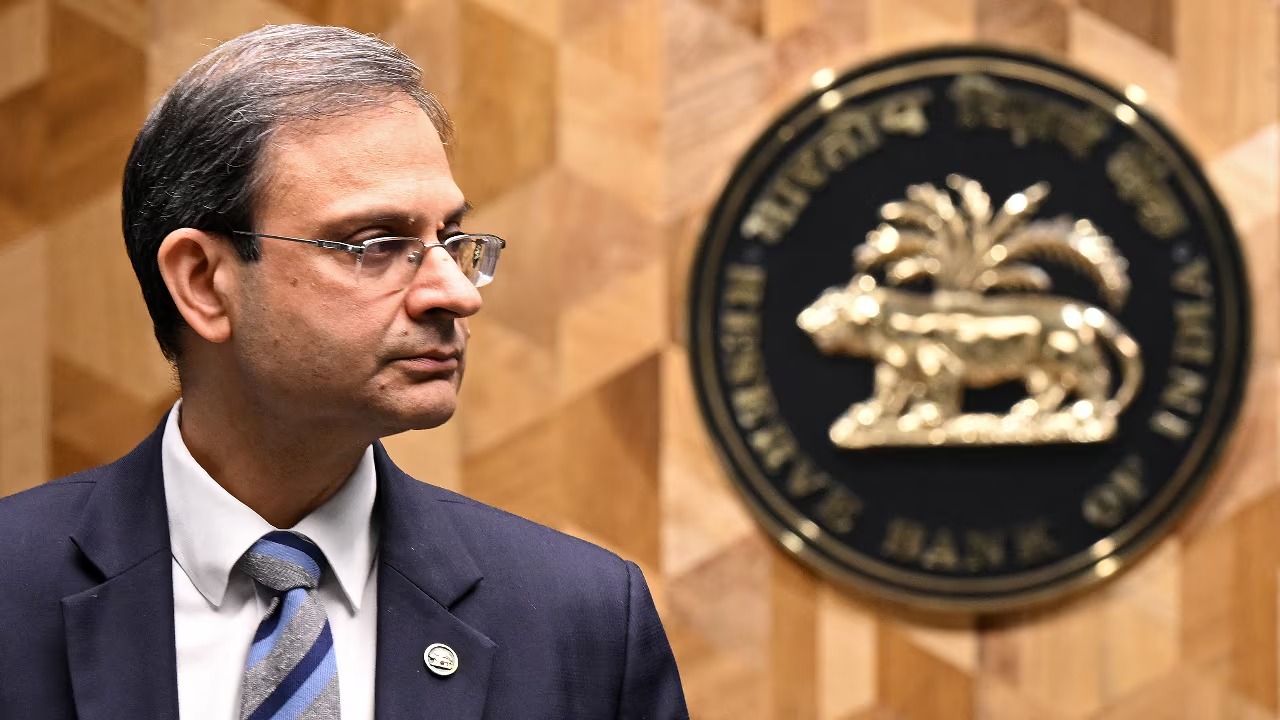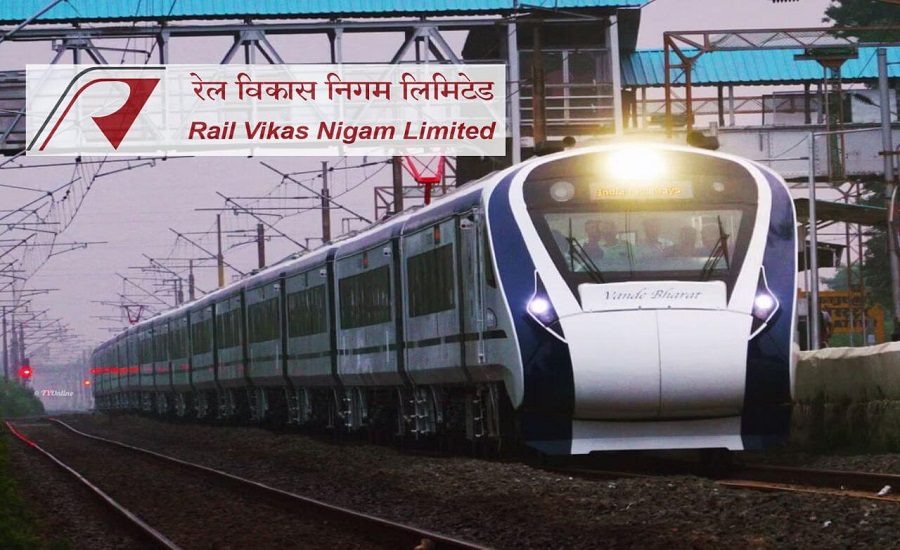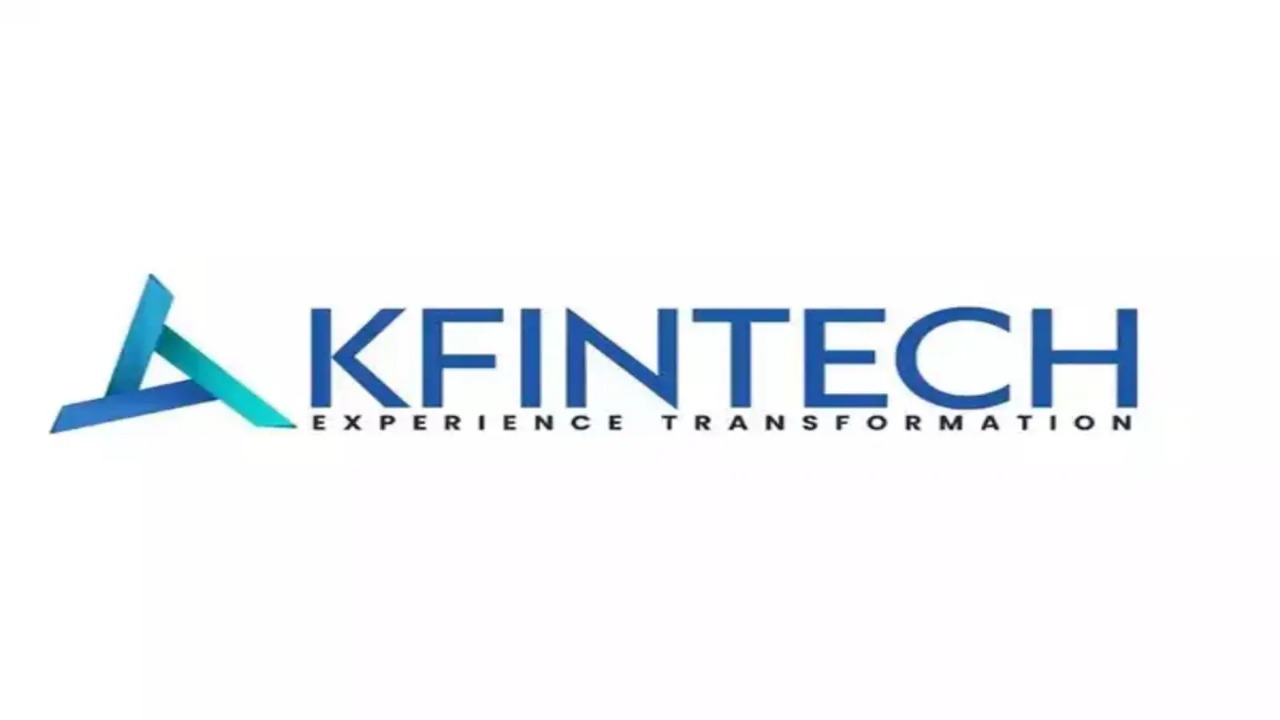
Follow WOWNEWS 24x7 on:

India’s emergence as a major hub for electric vehicle (EV) manufacturing is picking up pace under new government policies designed to attract global automakers. However, a significant hurdle standing in the way for many foreign EV makers is the requirement to furnish high-value bank guarantees as part of the investment schemes rolled out by India’s Ministry of Heavy Industries. This has become a speed bump for companies wanting to capitalize on India’s growing EV market.
Key Insights Into India’s EV Manufacturing Incentives and Bank Guarantee Regulations
India launched its ambitious Scheme to Promote Manufacturing of Electric Passenger Cars (SPMEPCI) in mid-2025, aimed at attracting foreign and domestic EV manufacturers with attractive customs duty concessions and investment incentives.
Eligible companies must commit a minimum investment of approximately ₹4,150 crore over three years and start operations within the timeframe to avail benefits like reduced import duties.
As part of regulatory compliance, applicants are required to provide refundable bank guarantees equal to the total duties waived or a pre-set high threshold (running into thousands of crores of rupees).
These substantial bank guarantees are designed to ensure genuine commitment but have become a significant barrier for some EV makers due to financial and risk considerations, especially for newer entrants.
Foreign players including Tesla have shown hesitation, focusing instead on operating showrooms rather than local manufacturing, partly due to these stringent financing conditions.
Why Bank Guarantees Are A Critical Yet Controversial Component
Bank guarantees serve as a financial security mechanism assuring the government that companies will adhere to the investment and domestic value addition milestones. If companies fail to meet targets such as local content requirements, the guarantees can be invoked. This model encourages accountability but needs large upfront capital or credit lines from global manufacturers.
The high quantum of bank guarantees, sometimes amounting to thousands of crores, presents liquidity and risk challenges that act as deterrents. Many foreign companies find these financial commitments restrictive, especially given uncertainties around technology localization timelines, regulatory approvals, and market development.
Implications For Foreign EV Makers and The Indian EV Ecosystem
The challenge of high bank guarantees may slow the pace of foreign EV manufacturers entering India’s production landscape, affecting the diversity and technology infusion in the sector.
Established global automakers with deep pockets and existing production experience like Hyundai and Kia have shown keenness to participate while others remain cautious.
India’s EV policy balances between attracting investors and safeguarding public funds, but the timing and scale of bank guarantee demands need continuous recalibration to remain competitive globally.
The move may favor domestic and joint venture manufacturers who have better financing access and local ecosystem advantages.
Delays or reluctance due to financing hurdles could impact India’s ambition to become a global EV manufacturing hub by 2030 or earlier.
Potential Solutions And Policy Recommendations
Experts suggest revising guarantee amounts with risk-based assessments to ease upfront capital requirements while maintaining policy rigor.
Introducing staged guarantees or performance bonds could distribute financial exposure over multiple phases instead of a one-time lump sum.
Encouraging public-private partnerships and leveraging non-traditional financing tools such as green bonds or sovereign guarantees might reduce barriers.
Battery leasing and decoupling high capital costs from vehicle pricing could improve financial viability for manufacturers and end-users alike.
Launching extended dialogue with industry stakeholders to streamline bank guarantee norms while maintaining accountability can unlock smoother implementation.
Conclusion: Balancing Financial Safeguards With Growth Ambitions Is Key For India’s EV Success
India’s rigorous bank guarantee requirements associated with EV manufacturing incentives underscore a careful attempt to ensure real and accountable industrial investment. However, these high-value guarantees have also emerged as bottlenecks for some foreign automakers considering India as a production base. Striking a balanced approach that protects government interests while facilitating ease of business will be crucial to achieving India’s vision of becoming a leading global electric vehicle manufacturing hub with maximum foreign participation and technology transfer.
Sources: India Briefing, Ministry of Heavy Industries Press Releases, Electronics for You, PIB, Economic Times, EV Story






